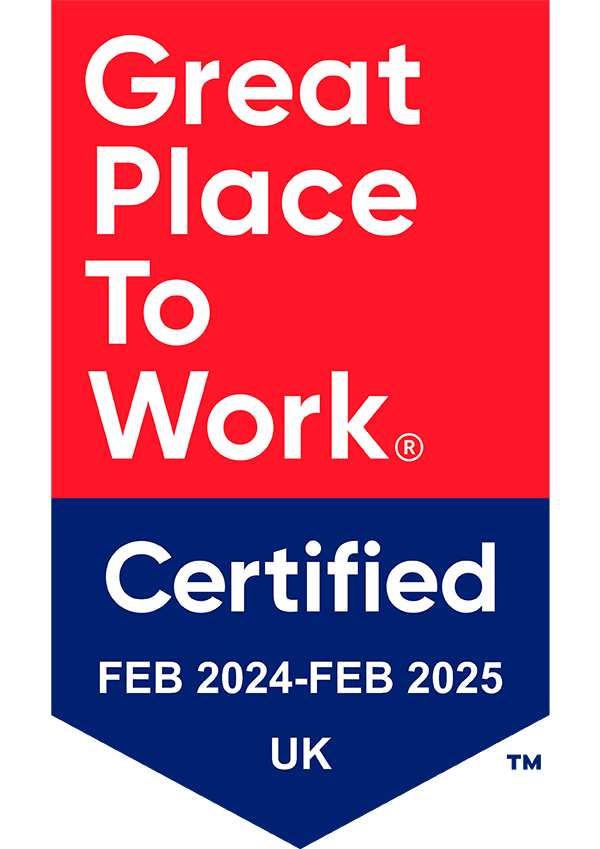Business card data refers to the relevant information displayed on a business card, typically including an individual’s name, job title, company name, contact details, and other pertinent data. This information is pivotal for networking and business communication purposes.
With the advancement of technology, business card data scanning has become a common practice. This involves digitally capturing and storing the data from physical business cards, thus making it easier to manage and access this crucial information.
It streamlines the process of data entry and ensures that key business contacts are never lost.
Firmographic data plays a crucial role in shaping your B2B SaaS marketing plan. This type of data, which includes information about a company’s industry, size, location, and revenue, can help you understand and identify your ideal customer profile.
In-depth knowledge of your target businesses allows for more precise and effective sales and marketing strategies. By segmenting your audience based on firmographic data, you can tailor your product messaging and value proposition to address the specific needs and challenges of each segment. This targeted approach not only increases the relevance of your marketing efforts but also improves engagement, conversion rates, and ultimately, revenue.
Furthermore, firmographic data can provide valuable insights into market trends and competitive landscapes, helping you stay agile and responsive in your strategic planning. Thus, leveraging firmographic data is integral to a successful B2B SaaS marketing plan.
Intent data is a type of information collected about an individual’s online activities, indicating their potential intent to make a purchase or engage with a service. This information, also known as buyer intent data, is critical in the digital marketing landscape as it helps businesses understand and predict their customers purchasing behaviors.
By leveraging this data in real time, companies can tailor their marketing efforts to align with their prospects interests and needs, significantly improving the chances of conversion. Thus, intent data serves as a valuable tool for businesses aiming to optimize their customer engagement and sales strategies.
Illuminate the dark funnel – by looking at what people are researching now; you can predict when
they intend on making a purchase.
Install data refers to the information gathered when a software or application is installed on a device. This data provides valuable insights into the user’s behavior, preferences, and potential needs.
In the context of a tech stack, install data can help businesses understand what software or technologies their target accounts are using, enabling them to tailor their services and products accordingly. It serves as a crucial tool for identifying potential customers, by analyzing their tech usage and preferences.
Thus, install data plays a pivotal role in strategic decision-making and planning, enhancing customer engagement and business growth. Conquesting made easy! Strategically target specific software users with reliable technographic data.
BANT leads refer to a method used by sales teams primarily in B2B sales to qualify and score prospects based on their Budget, Authority, Needs, and Timeline.
The BANT lead scoring system is designed to help sales professionals determine which prospects are most likely to become customers and should therefore be prioritised.
It helps efficiently allocate resources and time by focusing on leads with the budget to purchase, the authority to decide, a defined need for the product or service, and a specific timeline for implementation. This method ensures that sales efforts are not wasted on unqualified leads.
Appointment setting service is a specialised business process where a third-party agency is hired to arrange meetings between your business and potential clients. Often, businesses outsource appointment setting to ensure high-quality lead generation and to save their team from the challenges of making cold calls.
The service involves identifying prospects, initiating contact, gauging interest, and scheduling meetings for sales teams. This allows businesses to focus on closing deals and growing their customer base, instead of spending valuable time on the preliminary stages of the sales process.
Outsourced SDR service, also known as SDR as a service, is a business model where companies delegate their sales development representative (SDR) tasks to third-party agencies.
This service allows businesses to access a team of skilled sales professionals without having to hire and train in-house staff. It provides a cost-effective solution for businesses seeking to increase their sales pipeline, improve lead qualification processes, or enhance overall sales results.
By leveraging outsourced SDR services, businesses can focus on core competencies while ensuring high-quality
sales operations.
44 St Peter’s St
Canterbury
CT1 2BG
111 Somerset Rd
#08-10A
111 Somerset
Singapore 238164
© 2024 MyOutreach. All rights reserved.





